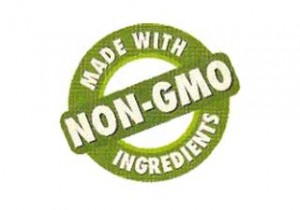
This announcement comes amidst the heat of the GMO controversy. Supporters of the GMO labeling venture state that it is in the best interest of the consumer that they know exactly what they are buying. They also say that labeling will help the consumer know and avoid products that contain GMOs. On the other hand, arguments have been put forward that mandatory labeling would be too expensive. The additional costs would affect all customers, those that feel that they need the information, as well as those who do not. The labeling will also be seen to imply some health risks associated with GMO products. So far, no significant differences have been found when comparing conventional foods and those that have been genetically modified, so labeling would give the false impression that genetically modified products are unhealthy. In regions where mandatory labeling has been implemented, stores have been forced to remove the GMO products since customers are all avoiding them due to the impression created, as well as the additional costs. Those contrary to the labeling also cite a number of other complicated issues revolving around the process such as the threshold limit of the GMOs in a product that would require labeling and the verification processes.







Leave A Comment